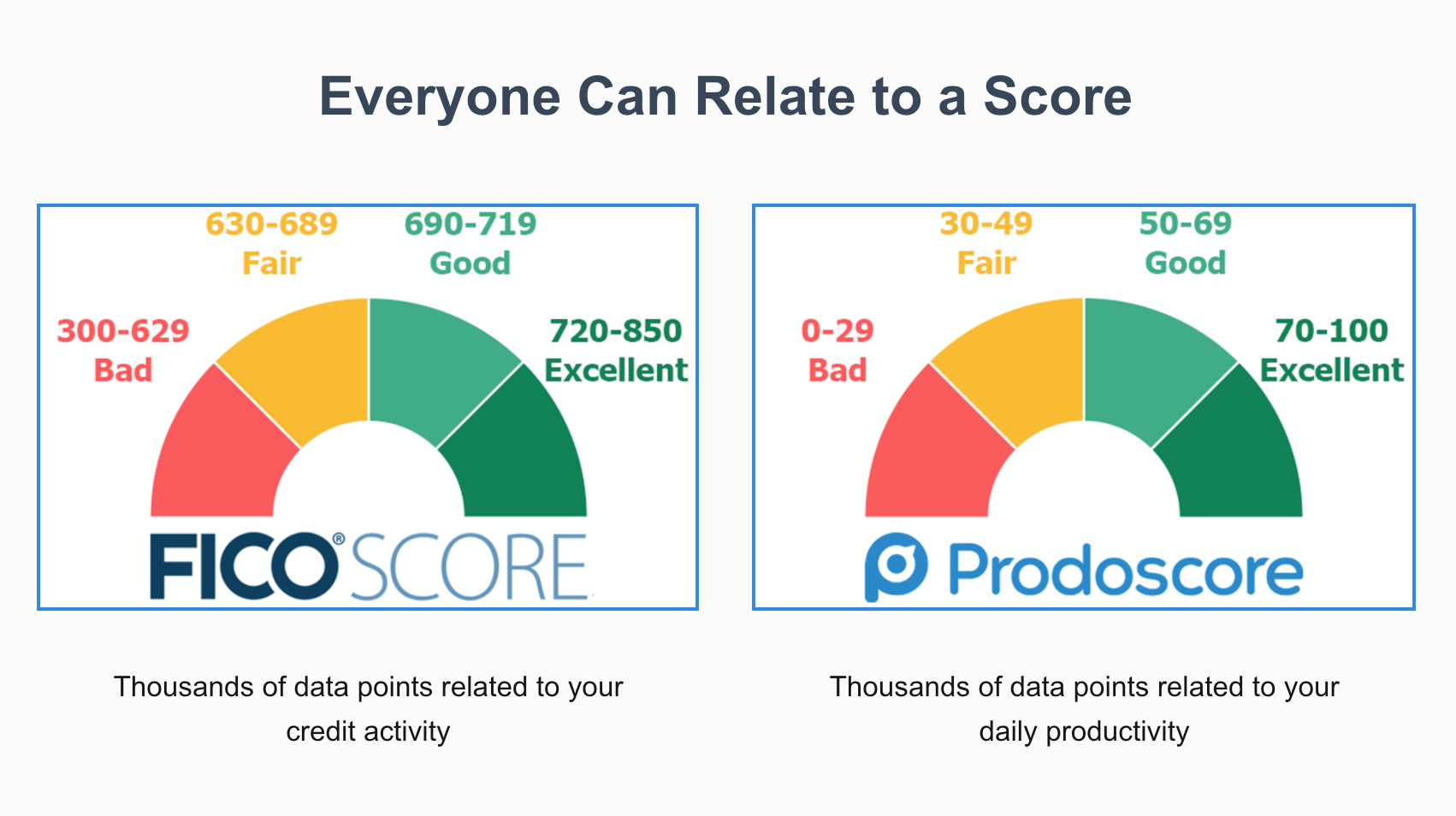Once the global pandemic hit, it was a no-brainer that those with the privilege of working from home absolutely should. But the ability to work remotely also came with a surge in workplace surveillance programs ” a dangerous trend that ought to be smacked down before it’s too late. (Which, unfortunately, already may be true.)
The premise behind workplace surveillance programs is simple. Once you take workers out of the office, they will slack off on company time. That time spent “˜slacking’ equals profits lost for the company. So, as a money-minded CEO or boss, the temptation is to use technology to make sure your employees are doing their jobs. That means installing programs like Hubstaff, Prodoscore, Time Doctor, or even one aptly named Staff Cop.
Ominous names aside, the scope of what these programs can track is too wide for comfort. Most can collect screenshots of your laptop screen, track what sites you’re visiting, how much time you spend in various apps, and even your mouse movements. Some take it even further, snapping photos from your webcam to make sure you’re at your desk or even tracking you via GPS on your phone. These “˜metrics’ get compiled into a “˜score’ that’s supposed to tell your employers how productive you are ” and the underlying implications of that are disturbing.
These programs are not new. They’ve been around for years, but since stay-at-home orders were issued, there have been CNBC report, the CEO of Prodoscore ” one of the aforementioned remote worker monitoring programs ” said the novel coronavirus has led to a 600 per cent spike in the company’s growth. In that same article, Hubstaff said the number of companies trialing their product has grown by two to three times.

These programs are not only intrusive, they signal employers care more about the bottom line than they do the wellbeing of their employees. Another Gartner blog from March noted that in a snap poll, 76 per cent of all HR leaders said the top complaint was “concerns from managers about the productivity and engagement of their teams when remote,” while noting that these concerns are “often overblown.” Because, honestly, with the unemployment rate reaching the highest levels we’ve seen since the Great Depression, it’s rare to find anyone who isn’t anxious that their jobs may suddenly disappear. The idea that people ” many of whom just want to keep a steady paycheck right now ” need the technological equivalent of their boss staring over their shoulder to get work done is absurd.
And yet that’s the line these software companies are hoping employers will be paranoid enough to buy. This is how Tommy Weir, the CEO of Enaible, described his AI startup’s mission to the MIT Review: “Imagine you’re managing somebody and you could stand and watch them all day long, and give them recommendations on how to do their job better. That’s what we’re trying to do. That’s what we’ve built.”
Except evaluating people on soulless, quantified scores is an easy way to give companies a false sense of objectivity when it comes to layoffs and promotions, while it erases accountability. Who is validating these algorithms to see whether they accurately assess the quality of an employee’s work? Who is regularly reviewing them to see if unconscious biases have been filtered out? How well do they account for non-quantifiable strengths like interpersonal skills, creativity, and problem-solving? Gizmodo reached out to several employee monitoring software companies to ask how they ensure these programs are free of bias and account for intangible skills in their scores, but did not immediately receive responses.
It’s a classic bait-and-switch. These programs promise “objective scores” that will lead to “cost-effectiveness” and “time saving” ” terms that are often used as euphemisms for layoffs, firing, and replacing human workers with cheaper automated alternatives. It’s also a means of wage theft. In 2018, workers at American Airlines and Kroger filed federal and state lawsuits alleging that their employers were unfairly using time-tracking software to dock thousands of dollars from their paychecks. Meanwhile, employee surveillance tech implemented at Amazon fulfillment centres has directly contributed to notoriously bad working conditions.
It also bears reminding that squeezing workers for every last penny is always inhumane, but especially right now. Workers are not machines. They have every right to be impacted by the stress of navigating a global pandemic, the worst economic conditions since the Great Depression, and the emotional trauma of witnessing police brutality against black and brown Americans. If people are struggling to be “productive” right now, it is not without reason or because they’re lazy. One would think competent communication and fostering a workplace built on trust would be vital during these trying times to keeping people productive. It is, after all, something that’s been written about over and over and over again in the business publications that CEOs like to pretend they read.
So long as you do your job, there’s absolutely no reason besides greed for bosses to impose surveillance tech on their employees. And if an employee isn’t doing their work, that’s a conversation bosses should have with that employee to figure out the underlying reasons why and come to a solution. You know, like a goddamn human.
